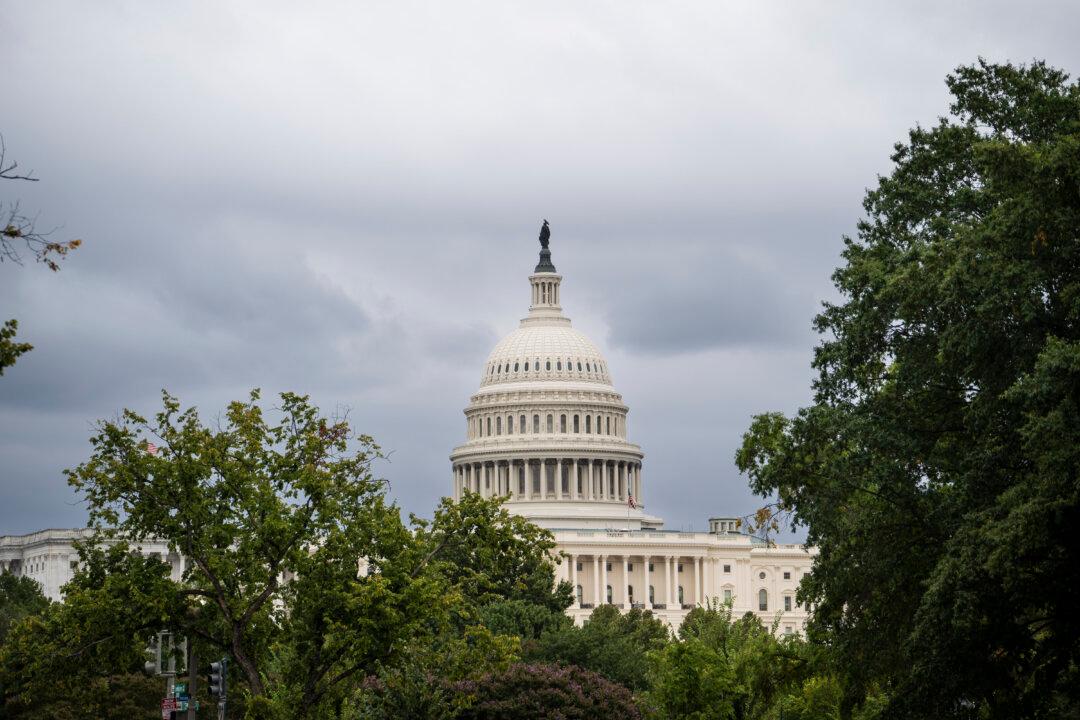In the aftermath of an apparent second attempted assassination of former President Donald Trump, lawmakers are considering making changes to both funding and policy at the Secret Service.
Lawmakers have expressed bipartisan interest in increasing Trump’s security, but are divided on the best way to achieve that: some support additional funding while others called for policy changes.





